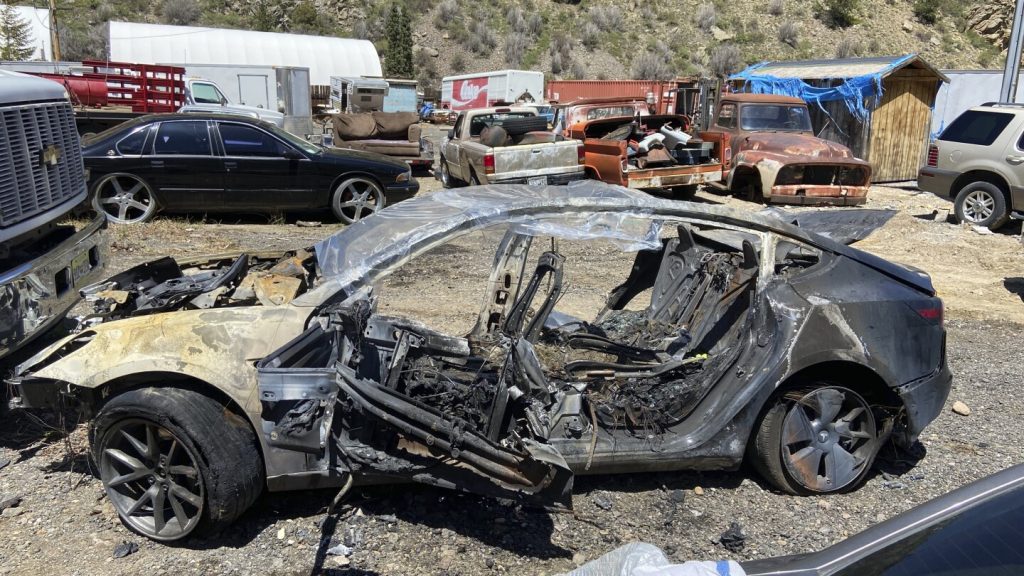The recent lawsuit filed by Nora Bass, the widow of a man who died in a Tesla crash in Colorado, claims that the carmaker’s marketing of its automated driving system is dangerously misleading. Hans Von Ohain died after his Model 3 Tesla veered off the road and crashed into a tree while using the Autopilot system, which allegedly prevented him from keeping control of the vehicle. The lawsuit, filed on May 3 in state court, also alleges that Tesla released the Autopilot system prematurely and has shown a “reckless disregard for consumer safety and truth.” The company offers both Autopilot and Full Self Driving systems, but clarifies that neither can fully drive the vehicle on its own, despite their names.
The lawsuit highlights a 2016 promotional video by Tesla that showcased a vehicle navigating traffic without any hands on the steering wheel, leading consumers to believe the vehicle had capabilities beyond reality. This case is not the first time Tesla has faced legal action related to its Autopilot system. Last month, the company settled a lawsuit brought by the family of a Silicon Valley engineer who died in a crash while using Autopilot in 2018. The engineer, Walter Huang, was playing a video game on his iPhone when his Model X veered out of its lane and crashed into a concrete barrier. The family claimed that Autopilot was promoted in a way that misled vehicle owners into believing they did not need to remain vigilant while behind the wheel.
The U.S. National Highway Traffic Safety Administration (NHTSA) has also been scrutinizing Tesla’s Autopilot system. In December, the agency pressured Tesla to recall over 2 million vehicles to rectify a defective system that is supposed to ensure drivers remain attentive while using Autopilot. However, NHTSA investigators found no difference in the warning software issued after the recall compared to the software that existed prior to it. Additionally, Tesla has reported 20 more crashes involving Autopilot since the recall, raising concerns about the system’s safety and efficacy. The agency continues to monitor the situation closely and work with Tesla to address any potential issues.
Tesla’s response to the recent lawsuit filed by Nora Bass remains unknown, as the company has not yet commented on the matter. The legal action underscores the ongoing debate surrounding automated driving technology and the responsibility of car manufacturers to ensure its safe and appropriate use. As more vehicles equipped with autonomous features enter the market, the need for clear and accurate communication about the capabilities and limitations of these systems becomes increasingly crucial to prevent accidents and protect consumer safety. It is likely that the outcome of this lawsuit will have implications for the future development and regulation of automated driving technology in the automotive industry.


